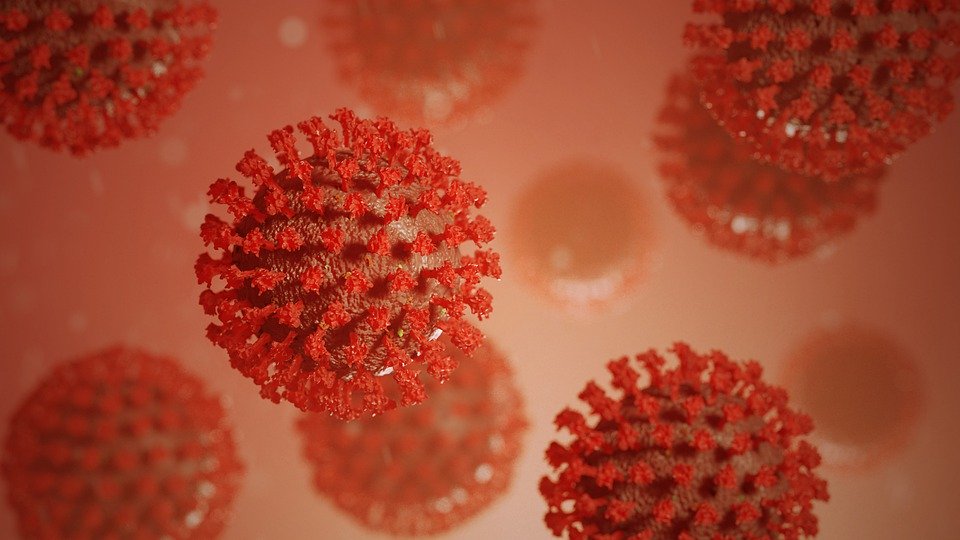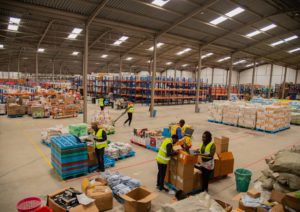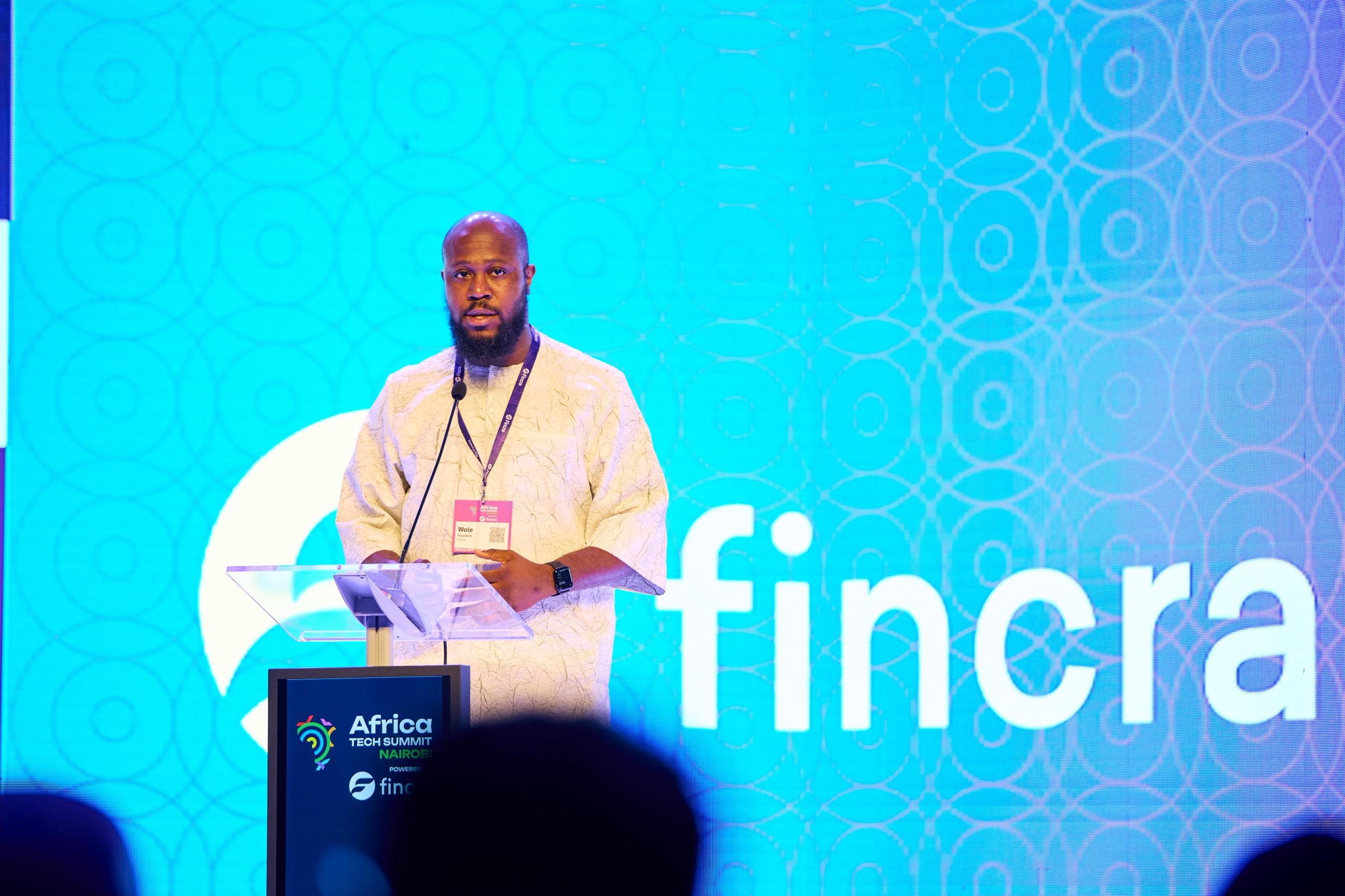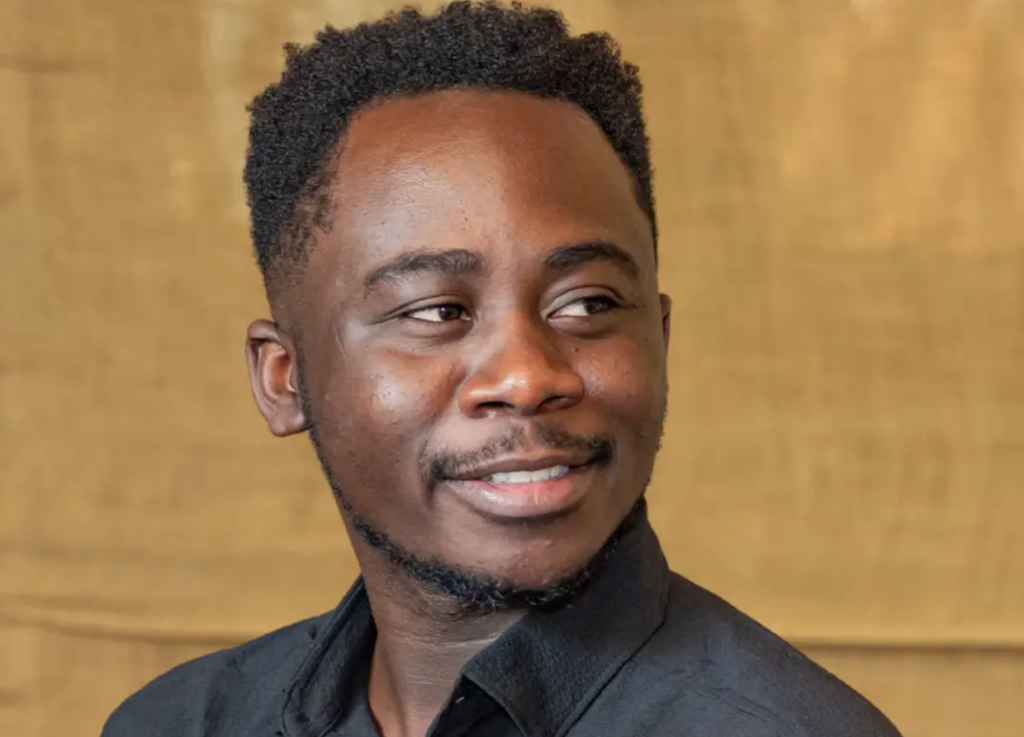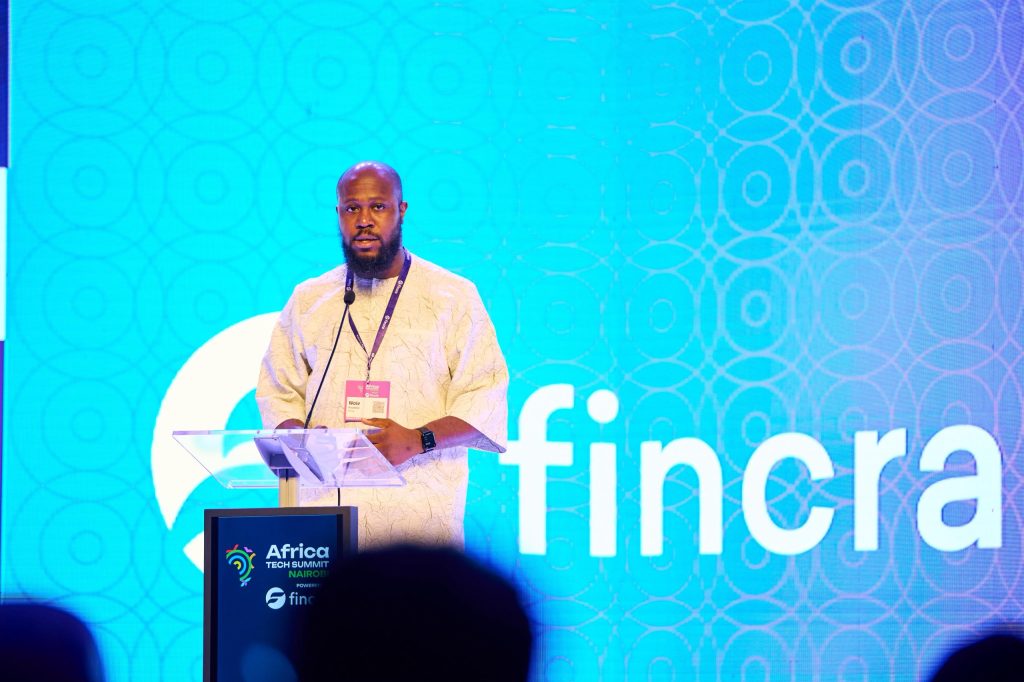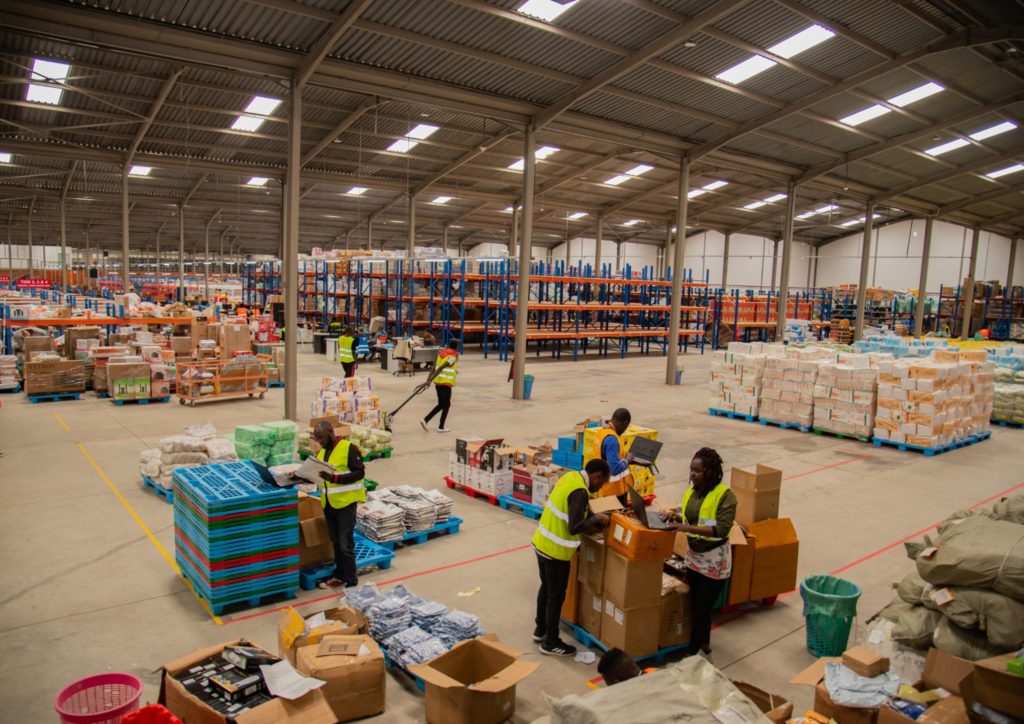An online marketplace, Africa Medical Supplies Platform (AMSP), has launched to provide the purchase, volume aggregation, quota management, payment facilitation as well as logistics & transportation of COVID-19-related medical equipment across the African continent.
The project is a collaborative effort between Janngo—the social startup studio founded by former Jumia Chief Executive Officer (Ivory Coast) Fatoumata Bâ—and other individual and continental bodies including the African Union Chairperson, President Abdel Fattah el-Sisi of Egypt, Econet founder and African Union Special Envoy, Strive Masiyiwa, the Africa Center for Disease Control, African Export-Import Bank (Afreximbank), and the United Nations Economic Commission for Africa (ECA).
The platform provides a vetted database of global manufacturers and logistics service providers for diagnostic kits, personal protective equipment (PPE), devices like ventilators and patient monitors as well as a range of disinfectants.
The medical equipment on the platform are strictly those that have been approved by the World Health Organisation (WHO), the Food and Drug Administration (FDA), the Emergency Use Authorization (EUA) as well as other approval and regulatory agencies and include made in Africa rapid test kits, face masks, sanitisers, protective goggles and ventilators.
Orders placed by health organisations in member states have a 5-10 days delivery timeline once payment is confirmed.
Afreximbank will facilitate payments while logistics partners including African national carriers like RwandAir, global freight forwarders like FedEx and DHL, will expedite delivery.
“The Africa Medical Supply Platform is just one innovation that African countries have developed ourselves, to help mitigate the devastating impact of this pandemic that threatens both the health of our people and our national economies,” said Masiyiwa.
“Africa is leading the way with this online solution to ensure all of our governments get access to PPEs and other urgent medical supplies they need, at fair prices.”
By March, as the pandemic came into full swing globally and lockdown measures were rapidly being put in place, the availability of medical materials to cater to severely affected COVID-19 patients was one of grave concern not only within the continent but around the world.
However, with particularly challenged healthcare systems, the risks of overwhelming already problematic institutions were and remain high as cases continue to increase in most parts of the continent.
In addition to government efforts, private sector stakeholders have rallied around to support the production, procurement or scale the distribution of items like ventilators, test kits, as well as PPE for frontline healthcare workers.
As a continent heavily reliant on imports and with export countries like China limiting exports to ensure domestic medical equipment requirements are met, a unified platform such as the AMSP with the backing of continental bodies like the ECA are able to move along faster imports of medical supplies sorely needed by many African countries as cases continue to climb amidst lockdown lifts.
In lieu of this, according to information on the platform, distribution of medical supplies and equipment in short supply will be based on the principle of fair distribution to all member states requesting medical supplies and only a limited order quantity will be allowed.
However, a mechanism is in place to ensure member states receive the required quantities in their request once supplies have reached surplus.
“We commit to providing market intelligence on where the manufacturers are, facilitating pooled procurement when financial resources are made available through this initiative, and distributing these products to respective African destinations,” says Dr. John Nkengasong, Director of Africa CDC.
African cities are now lifting lockdowns in phases even though cases are spiking in many parts. For many, it is a gamble between that and a complete economic breakdown. The World Health Organisation has advised gradual liftings but also foolproof measures that can test, isolate, treat and trace the spread of the virus among other measures that ensure transmission is controlled and processes are in place to minimize risks in healthcare facilities.
As at today, 277, 614 cases have been confirmed and 7,435 deaths recorded across the continent.
“The next 100 days are critical to turnaround the exponential trend of cases and deaths. Both our sense of purpose & sense of urgency have never been stronger,” said Bâ.









